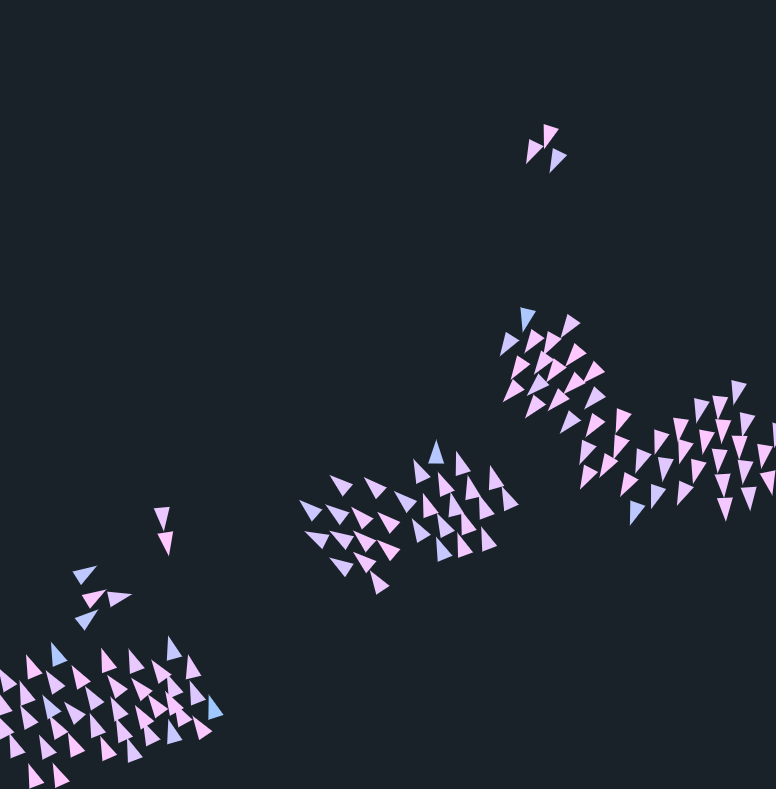Back to Projects
Limitations of Boid Algorithms in UAV Swarm Control
Simulation-Based Analysis of Swarm Behavior Algorithms
Under Publication- IJCSE
2024
Solo Author
Research Paper Under Publication

Project Overview
This research investigates the limitations of Boid algorithms when applied to UAV swarm control. While Boid-based models are effective in simulating flocking behaviors, they face challenges in scalability, robustness, and real-world adaptability for UAV applications. Through extensive simulation-based analysis, the study highlights how communication constraints, latency, and environmental factors impact UAV coordination. It also contrasts Boid-based control with more adaptive, decentralized approaches, offering insights into how swarm robotics can evolve beyond simplified behavioral rules.
Key Features
- Simulation of UAV swarms using Boid-inspired rules
- Analysis of scalability and communication constraints
- Comparison with alternative swarm control algorithms
- Identification of real-world adaptability limitations
Technical Challenges
- Modeling real-world physics and communication latency in simulations
- Bridging the gap between flocking theory and UAV control hardware
- Ensuring robustness under dynamic environmental conditions
Impact & Results
- Provides a critical evaluation of Boid algorithms in UAV swarm research
- Guides future development of decentralized UAV control systems
- Highlights practical constraints for applying theoretical models
Technologies Used
UAV Swarms
Simulation
Multi-Agent Systems
Boid Algorithms
AI/ML